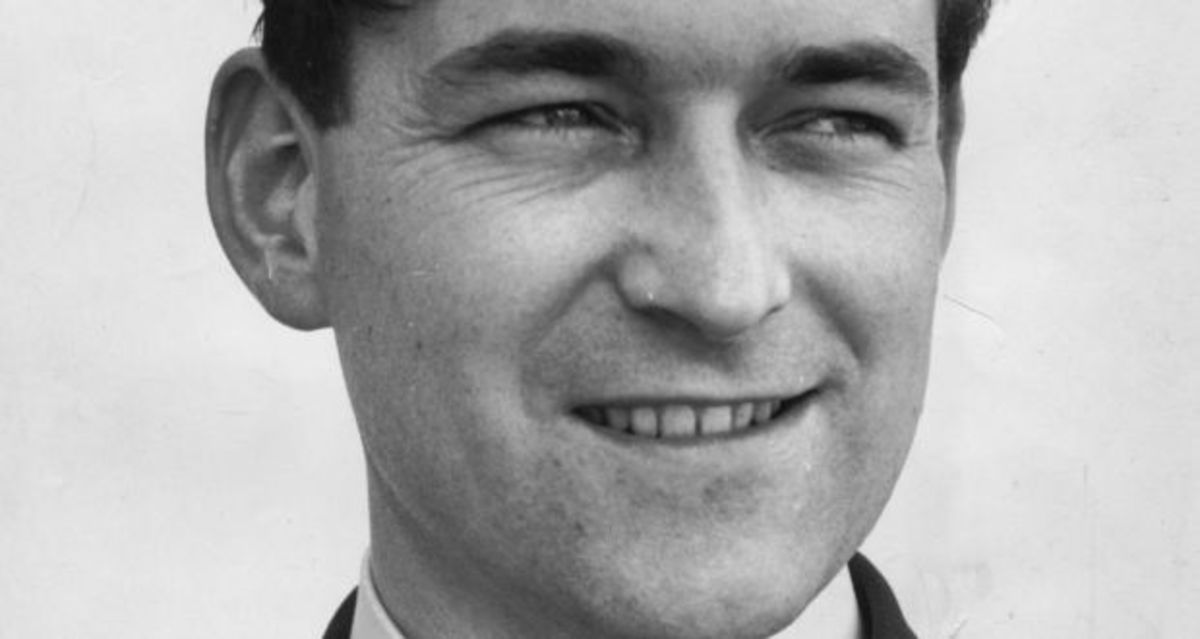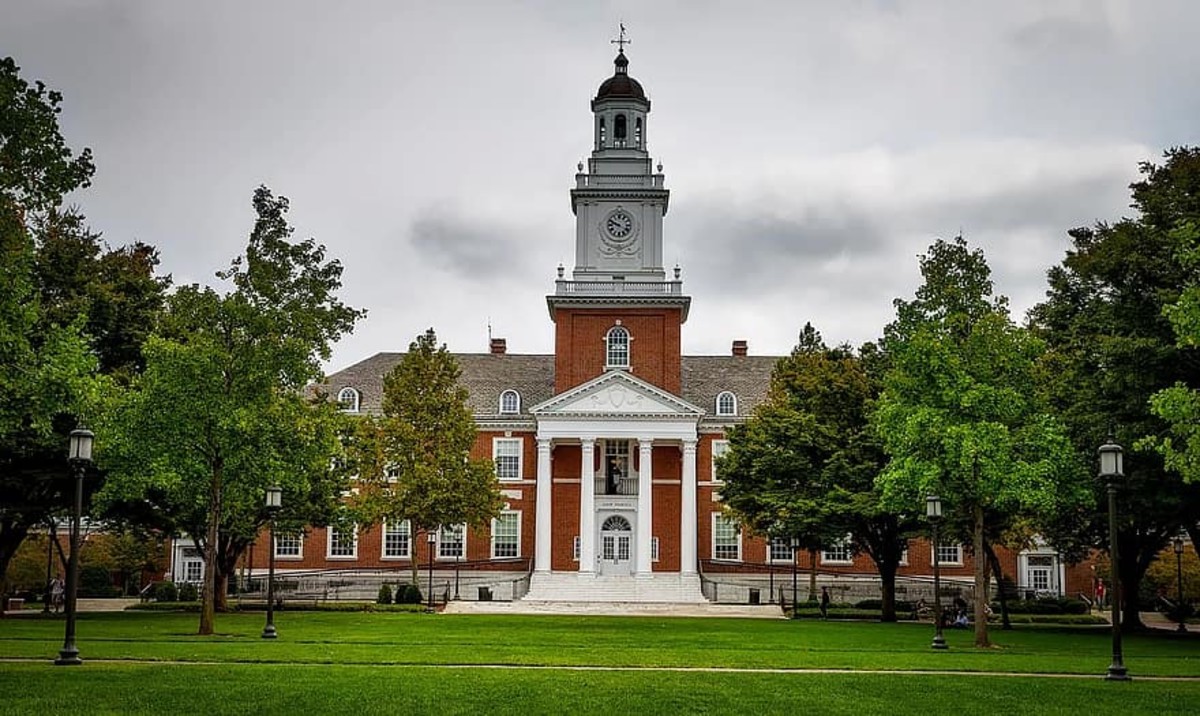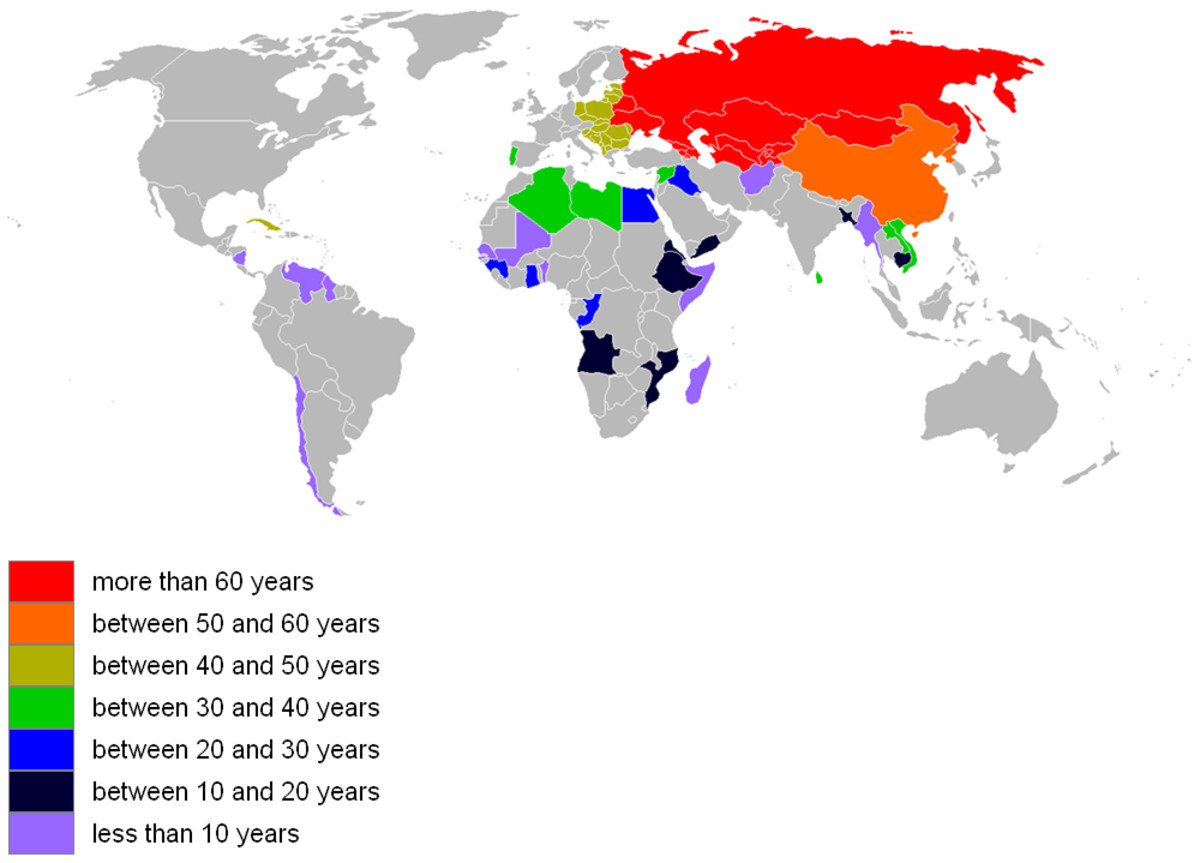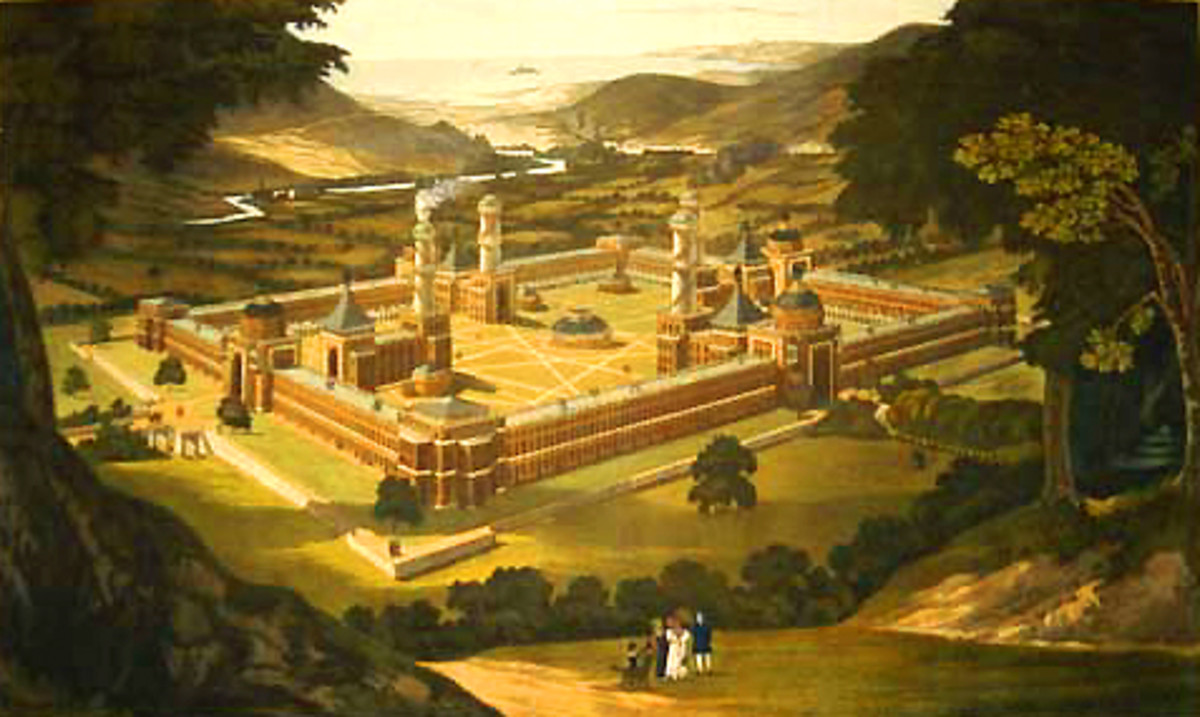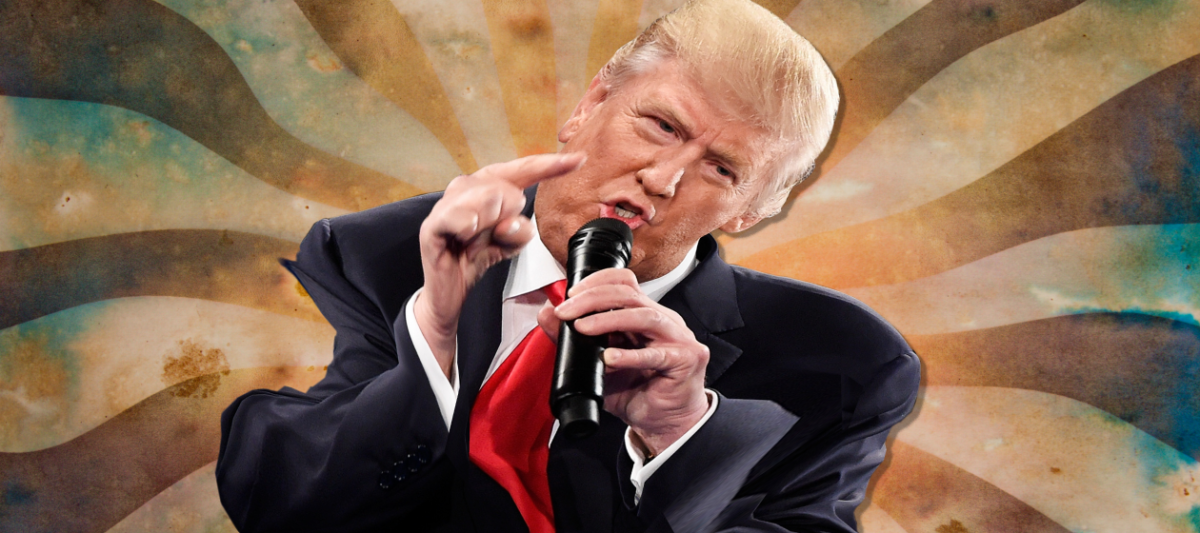A Political Debate
A Little Bored
Durham University is made up of individual Colleges. My College was and is a self governing College originally intended to turn out High Church vicars for the Church of England. It also provided an environment for people who wanted to study in a Christian environment. Sadly the profession of vicar was becoming less popular, and the number of Christians was declining. The College had had to lower their entry standards to the point where they let me in. Since then the College has much improved and it now turns out a higher proportion of First Class Honours degrees than any other College at Durham University.
So there I was, about 19 years old and full of vim and vigour. I had a socialist friend visiting from another College. We discusssed politics generally and we bemoaned the low level of political discussion at the University. One can safely say that Durham University was not a hotbed of socialist ferment.
We decided we would go out looking for a political argument.
The Durham Union Society
The nearest bar open was the Durham Union Society bar. The older universities like Durham have student run Union Societies which are debating clubs. They also have bars and guest accomodation. The Durham Union Society also served a mid-morning breakfast, useful for those of us who failed to get up in time for breakfast in our Colleges.
The bar was popular with many of us who were politically minded. The beer was good, and cheap. We found an empty table next to some Monday Clubbers.
The Monday Club was a right wing group within the Conservative Party. They were anti-immigrant, wanted very low taxes, and were quite happy to have no welfare benefits or state pensions. Some of the wilder ones wanted heroin legalised because they objected to the nanny state.
Sitting next to them achieved our first aim, which was to find opponents to engage with.
Benn's Plans
Tony Benn was (and is) an interesting political character. He badly wanted to be Labour Party Leader and Prime Minister. He was well educated, intellectual, had inherited wealth, but in my view he was a fellow traveller rather than a committed socialist. He had decided to be the leader of the Left and was staking out that territory.
A Labour Party committee he chaired had proposed nationalising the top twentyfive companies. I was quite happy with the concept of nationalisation, but why these companies? Why 25 instead of 24 or 200? One sensed that the 25 was a nice round number rather than the result of any great thinking.
Labour in 1945 had nationalised the Railways, Coal, Steel, Water, and Power. These were already effectively state run during the war, The State had invested huge amounts of money into these industries because in wartime they were key to the nation's survival. Labour had nationalised "the commanding heights of the economy" and many of these were still owned by government in the early 1970s.
There was no pattern or logic in this proposed nationalisation. It wasn't for efficiency or for their strategic economic value. If an industry was important then nationalise it, but why nationalise only one company in it? It didn't make sense.
The "25 companies" was a hot issue, so if we discussed it the Monday Clubbers on the next table would soon join in. I condemned the plan because we were going to pay compensation. If we were nationalising for ideological reasons, it was because the capitalists were exploiting the working class. If you manage to wrest a stick from a bully, why give him the money to purchase another stick?
My colleague said that 25 companies was too timid. We would still have a capitalist society at the end of the nationalisation, so there was no obvious point in doing it. We should find another method of selection or we should be looking at maybe 2,000 companies.
The Monday Clubbers Join In
It was not long before the Monday Clubbers joined our conversation. As we had both condemned the "25 companies" proposal we were not obliged to defend it. The conversation developed into a free ranging discussion of the differences between the socialist supporting party and the capitalist supporting party.
My friend and I were like tag wrestlers. One of us would argue with the three or four Monday Clubbers while the other went to the bar and got the beers in. Then at an appropriate moment the beer carrier would step in and the other would go to buy the next round. The Monday Clubbers were particularly weak around the National Health Service. The Conservatives had opposed the creation of the National Health Service. The NHS was enormously popular and every Conservative Party manifesto since the creation of the NHS promised to protect the NHS. From the Monday Club libertarian viewpoint the NHS should be disbanded but even the Monday Club dared not say that. We really had them on the ropes over that.
As I was carrying the beers to our table I noticed there were nearly thirty students gathered around our table listening to the debate. One said to me as I was carrying beers "I have never heard a debate like this!"
The Debate Finishes
We had had a good session of debate, wide ranging and purposive. The Right had been routed. I noted that those opponents never tried to argue with me again. Sadly my friend spent the following academic year abroad so we never met up again.
If You Enjoyed This
- The 2010 British General Election - The Unexpected R...
A spoof report on how Britain elected the Green/ Monster Raving Loony Party in 2010 and what this unexpected coalition government did. - Socialism Continues - What's "Left" For Socialists
Socialism in 2012. What should socialists do and how should we do it? - Tea And Social Class in England
A truthful and hilarious article about the role tea plays in displaying one's social class or lack of class in England. - The Politics of Tax and Spend1
The first in a series of three articles about raising income for government and spending that money wisely. This first article is about raising money by taxation and other methods. - The Politics of Tax and Spend 2
The second in a series of three articles about the politics of tax and spend. This article is about how to spend public money - The Politics of Tax and Spend3
The third in a series of articles. This is about using fiscal means to obtain desired economic and social outcomes. - The Welfare Issues
Discussion of the Welfare issue. Discusses the classic liberal laissez faire approach. Contrasts with a socialist approach. - Running A High Schools Debating Competition
Running a High Schools Debating Competition is fun. It has its challenges too. Advice from a college lecturer who set up a high schools debating competition. - socialism 101
From conversations with Americans, I have learned that many Americans know little of socialism, and so have no basis of knowledge and experience to counteract the anti-socialist propaganda of the (capitalist) media. Socialism 101 aims to explain... - Elected Councillor For Paradise
How Charles James increased the Labour vote 80% to take a safe Conservative council seat for Labour. Astonishing and true! - Increased Majority In Paradise
How Charles James improved his Labour vote and his majority in a further 48% increase on top of the 80% increase earlier recorded. How to hold a marginal seat. All true! - Some Political Jokes and Anecdotes
Political Jokes often present a political truth succinctly. Many are transferable across continents and across time. This is a series of political jokes and anecdotes added to as I remember them. - AN ALTERNATIVE TO DEMOCRACY
An interesting proposal to vary democracy by giving more votes to those who have raised kids, have worked abroad, have been officers or have degrees, or have economic success. Controversial but interesting.


